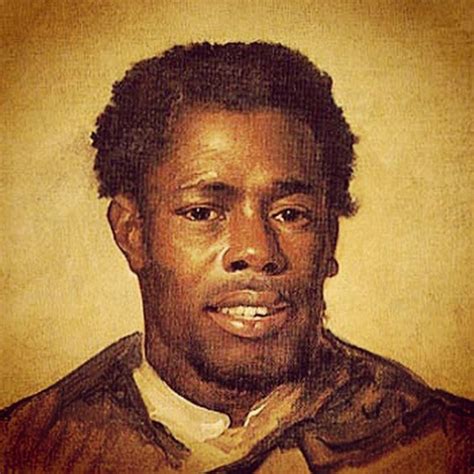A Quote by Samuel Johnson
The mind is refrigerated by interruption; the thoughts are diverted from the principle subject; the reader is weary, he suspects not why; and at last throws away the book, which he has too diligently studied.
Related Quotes
In my couple of books, including Going Clear, the book about Scientology, I thought it seemed appropriate at the end of the book to help the reader frame things. Because we've gone through the history, and there's likely conflictual feelings in the reader's mind. The reader may not agree with me, but I don't try to influence the reader's judgment. I know everybody who picks this book up already has a decided opinion. But my goal is to open the reader's mind a little bit to alternative narratives.
Works of imagination excel by their allurement and delight; by their power of attracting and detaining the attention. That book is good in vain which the reader throws away. He only is the master who keeps the mind in pleasing captivity; whose pages are perused with eagerness, and in hope of new pleasure are perused again; and whose conclusion is perceived with an eye of sorrow, such as the traveller casts upon departing day.
To a mind like mine, restless, inquisitive, and observant of everything that was passing, it is easy to suppose that religion was the subject to which it would be directed; and, although this subject principally occupied my thoughts, there was nothing that I saw or heard of to which my attention was not directed.
You will want a book which contains not man's thoughts, but God's - not a book that may amuse you, but a book that can save you - not even a book that can instruct you, but a book on which you can venture an eternity - not only a book which can give relief to your spirit, but redemption to your soul - a book which contains salvation, and conveys it to you, one which shall at once be the Saviour's book and the sinner's.
Tis the good reader that makes the good book; in every book he finds passages which seem confidences or asides hidden from all else and unmistakenly meant for his ear; the profit of books is according to the sensibility of the reader; the profoundest thought or passion sleeps as in a mine, until it is discovered by an equal mind and heart.
I think the subject which will be of most importance politically is Mass Psychology... Its importance has been enormously increased by the growth of modern methods of propaganda. Although this science will be diligently studied, it will be rigidly confined to the governing class. The populace will not be allowed to know how its convictions are generated.
I would have killed to do 'Beauty And The Beast' at Warners, which went away. I would have killed to do 'The Witches' at Warners that went away. God knows there are many, many of them. All I can do is diligently do the screenplay, diligently do the design work, deliver a budget, and then await a decision.
Every reader, as he reads, is actually the reader of himself. The writer's work is only a kind of optical instrument he provides the reader so he can discern what he might never have seen in himself without this book. The reader's recognition in himself of what the book says is the proof of the book's truth.
He is no true reader who has not experienced the reproachful fascination of the great shelves of unread books, of the libraries at night of which Borges is the fabulist. He is no reader who has not heard, in his inward ear, the call of the hundreds of thousands, of the millions of volumes which stand in the stacks of the British Library asking to be read. For there is in each book a gamble against oblivion, a wager against silence, which can be won only when the book is opened again (but in contrast to man, the book can wait centuries for the hazard of resurrection.)





































